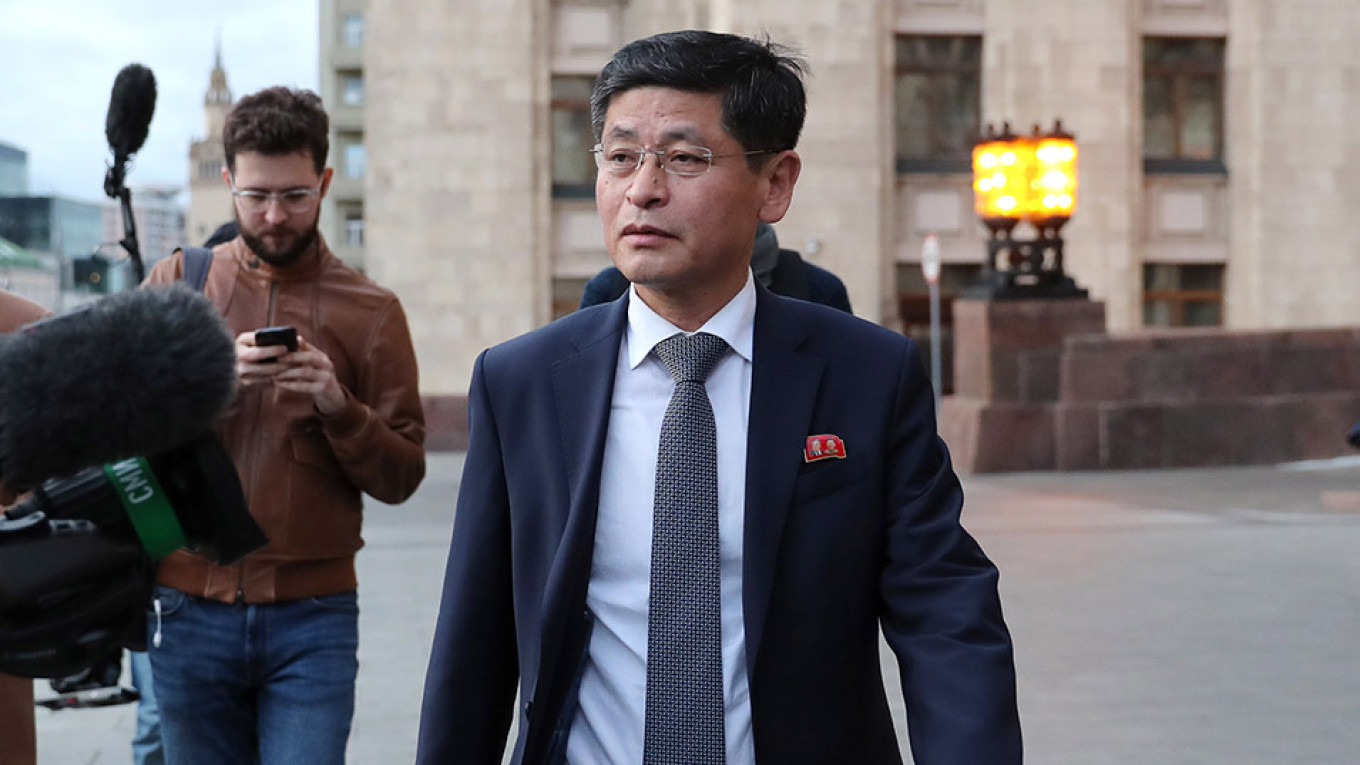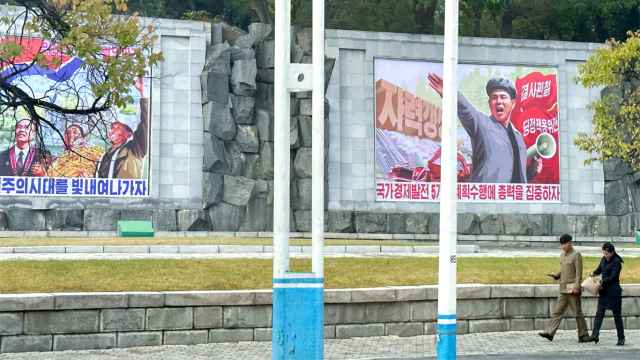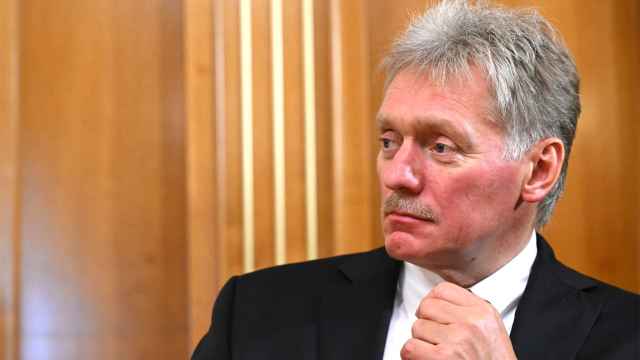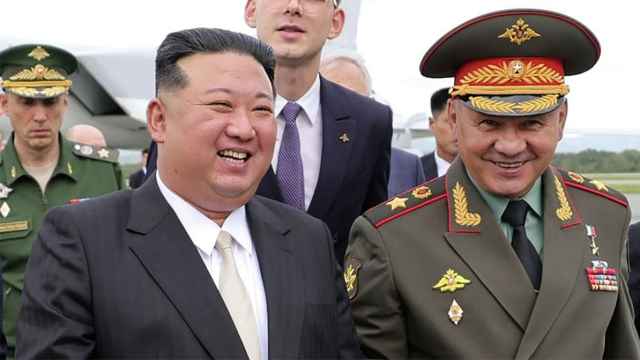Russia’s sharp reaction to the illegal activities of North Korean fishermen in the country’s territorial waters stems from both the impudence of the poachers and Moscow’s dissatisfaction with Pyongyang’s policies in recent months.
Unlike previous incidents involving illegal fishing in the Far East, the conflict in the Sea of Japan — located exclusively in Russia’s economic zone — turned into a major scandal.
According to information posted on the FSB site, while members of the Russian Coastguard detained one North Korean fishing schooner, the crew of a second schooner launched an armed attack and injured — though not fatally — several Russian coastguardsmen who were inspecting the vessel.
Several North Korean fishermen were also injured from return fire, one of them fatally.
In all, the Russian Coastguard detained two schooners and 11 motorboats, along with their 161 crewmembers.
On the same day, North Korean chargé d’affaires in Russia Chin Jeong Hyup, was summoned to Russia’s Ministry of Foreign Affairs and asked to “take comprehensive measures” to prevent such incidents from recurring.
And on Sept. 18, the Far Eastern branch of the Investigative Committee opened a criminal case under Article 317 of the Criminal Code — “assault on the life of a law enforcement officer” — that carries a maximum penalty of life in prison.
The Russian authorities had previously taken a tolerant stance toward North Korean explanations that its poachers were “forced” into Russian waters by storms or technical malfunctions, often releasing the North Korean ships and crews it detained only after seizing their catch and fishing gear.
However, the armed resistance to Russian border guards changed the situation.
Moscow officials know that North Korean citizens cannot own arms without the permission of the authorities, and in this way have sent a signal to North Korea that they must stop protecting their poachers.
The incident exposed the growing tensions between the two countries that have been building over the last months.
In July, North Korea detained a Russian trawler and its crew which was accompanied by a high-profile anti-Russian media campaign in the country.
The North Korean leadership also continues to ignore Moscow’s staunch position towards its nuclear problem and has continued to test missiles and other weapons close to Russia’s border.
With its current demand that Pyongyang stop its poachers, Russia might be indirectly hinting at the possible consequences of unneighborly actions: A reduction in fuel supplies, stricter protection of marine resources, and cuts to the number of North Koreans permitted to work in the Russian Far East.
A Russian version of this article first appeared in Vedomosti.
A Message from The Moscow Times:
Dear readers,
We are facing unprecedented challenges. Russia's Prosecutor General's Office has designated The Moscow Times as an "undesirable" organization, criminalizing our work and putting our staff at risk of prosecution. This follows our earlier unjust labeling as a "foreign agent."
These actions are direct attempts to silence independent journalism in Russia. The authorities claim our work "discredits the decisions of the Russian leadership." We see things differently: we strive to provide accurate, unbiased reporting on Russia.
We, the journalists of The Moscow Times, refuse to be silenced. But to continue our work, we need your help.
Your support, no matter how small, makes a world of difference. If you can, please support us monthly starting from just $2. It's quick to set up, and every contribution makes a significant impact.
By supporting The Moscow Times, you're defending open, independent journalism in the face of repression. Thank you for standing with us.
Remind me later.







